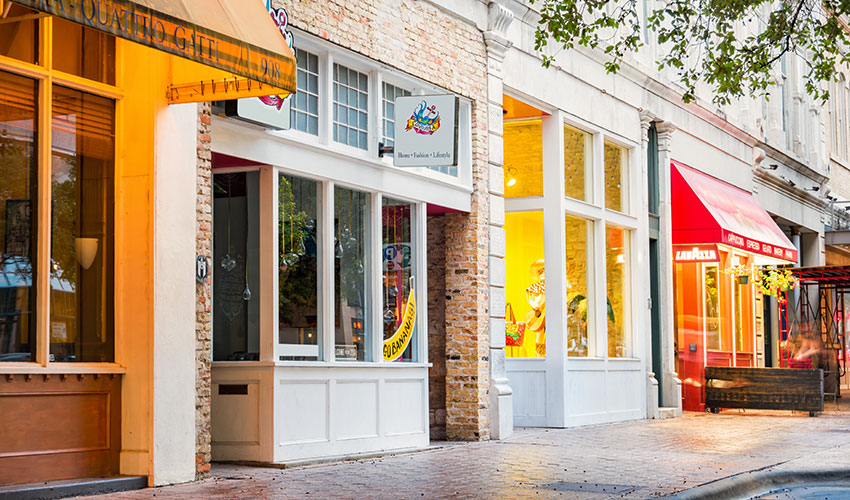- Businesses
- Individuals & Families
- Partnerships
- Brokers

Chubb Climate+ spans major industries, with a goal of enabling climate change progress in a meaningful way.


All Chubb policyholders are eligible for cyber services. Get the most value from your Chubb policy and schedule a consultation today.

In a complex world, Chubb’s support for multinationals and their brokers when choosing the right cover has never been more valuable.



As one of the world's largest providers of jewellery and fine art insurance, you can count on our unparalleled service and expertise, offering some of the broadest protection available.

As pioneers of using in-house appraisers to help clients establish the value of their property, and mitigate the risk of loss, our appraisal service is a key reason why owners of fine homes and high value possessions around the world choose Chubb

Build your business by providing the protection your customers need – it’s insurance for the new possible.

The seamless, secure, and scalable engine behind new possibilities for your company and customers.

-
About
About UsWho We AreFinancial & Regulation
- Claims
-
FCA Regulation
-
Contact
Chubb CareersComplaints
-
BackSuggested Searches
You’ve started a small business and want to make sure it is protected. But how much will it cost to buy insurance that will cover you for potential property damage, liability lawsuits, or other issues that come up along the way? That will depend on a number of factors:
1. What you do or sell.
How much you pay for insurance depends on what type of business you run. The higher the risk, the more you’ll pay. For example, janitors, construction workers, and manufacturers often have some of the highest rates for general liability insurance, because they deal with (and could potentially damage) other people’s property. Your liability risk matters as well. For example, the risk of incurring liability for physical injury to third parties is likely greater for a business that performs security services than for a business providing accounting services.
2. Where you live.
There are obviously greater risks for property damage in high-hazard flood zones than in places where weather-related incidents are less likely to occur, and insurance premiums often reflect the different level of risk. You can take certain steps to reduce risk for property damage from natural catastrophes, but if your business is located in a high-hazard area, the cost of your property insurance is likely to be higher than it might be in other locations.

3. Where you operate your business.
Do you run your business out of a rented space, or do you own the building? Each of these situations has its own risks, depending on the type of business you run. For example, if you rent space for a restaurant, you’ll likely pay more property insurance premium than if you run a real estate business from a rented space because the risk exposures from restaurant equipment are greater than risk exposures in a general office environment. And, if you own the space for your restaurant, you’ll likely pay more for property insurance premiums than if you rent, because your coverage will typically insure against damage to the building itself, not just the contents inside.
4. Your prior claims history.
Insurance companies will also look at your claims history, if you have any. For example, if you’ve been sued for mistakes you’ve made in providing services, an insurer may consider this a trend that will continue and charge higher premium for the higher risk presented. Or, if your employees are involved in multiple accidents resulting in serious injuries while at work, an insurer may charge higher premiums for your Work Injury Compensation policy than if there are no claims on work-related injuries/diseases.
All content in this material is for general information purposes only. It does not constitute personal advice or a recommendation to any individual or business of any product or service. Please refer to the policy documentation issued for full terms and conditions of coverage.
Chubb European Group SE (CEG) is an undertaking governed by the provisions of the French insurance code with registration number 450 327 374 RCS Nanterre. Registered office: La Tour Carpe Diem, 31 Place des Corolles, Esplanade Nord, 92400 Courbevoie, France. CEG has fully paid share capital of €896,176,662. UK business address: 40 Leadenhall Street, London, EC3A 2BJ. Authorised and supervised by the French Prudential Supervision and Resolution Authority (4, Place de Budapest, CS 92459, 75436 PARIS CEDEX 09) and authorised and subject to limited regulation by the Financial Conduct Authority. Details about the extent of our regulation by the Financial Conduct Authority are available from us on request.
Insights and expertise




